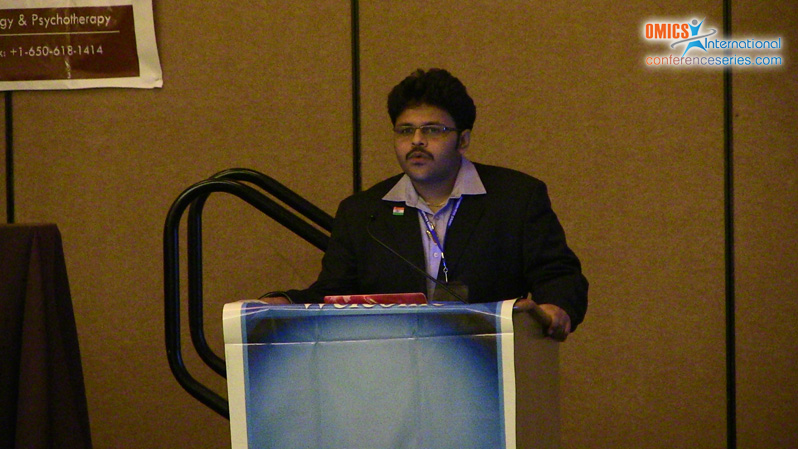
Arjun Krishnamurthy
People’s Education Society Institute of Technology, India
Title: Modulation of cardiac autonomic regulation with yoga therapy in alcoholic patients: A pilot study using non-linear measures of heart rate variability
Biography
Biography: Arjun Krishnamurthy
Abstract
Introduction: Heart Rate Variability (HRV) is a non-invasive method to estimate cardiovascular autonomic regulation. Several authors have reported abnormal HRV measures in alcoholics. Yoga therapy is known to modulate autonomic function in health and disease. It remains unknown if the yoga therapy improves HRV in alcoholics. Non-linear measures of HRV are more robust to capture alterations in the physiological signal. Particularly entropy measures provide information about the complexity and regularity of non-stationary signals. We investigated the influence of yoga therapy on non-linear measures of HRV in alcoholics. Methods: 15 minutes resting Lead II ECG of 19 alcoholic patients admitted for de-addiction were collected before and after yoga therapy. Non-linear measures of HRV were computed using Kubios software. In particular, Shannon entropy, approximate entropy, sample entropy, correlation dimension and detrended fluctuation analysis were estimated as per the standard algorithm. Results: There was significant improvement in the approximate entropy with yoga therapy [pre- 1.01±0.3 to post 1.14±0.15 (Mean±SD); p=0.023]. Similar observation was noted in the sample entropy [pre- 1.26±0.5 to post 1.47±0.4 (Mean±SD); p=0.045]. However, none of the other measures showed statistically significant change. Conclusion: Yoga therapy increases the complexity of HRV signal as suggested by the entropy measures & it also improves the disrupted autonomic function in alcoholic patients. Further, large scale randomized control studies are required to confirm the beneficial effects of add on yoga therapy in de-addiction treatment.



